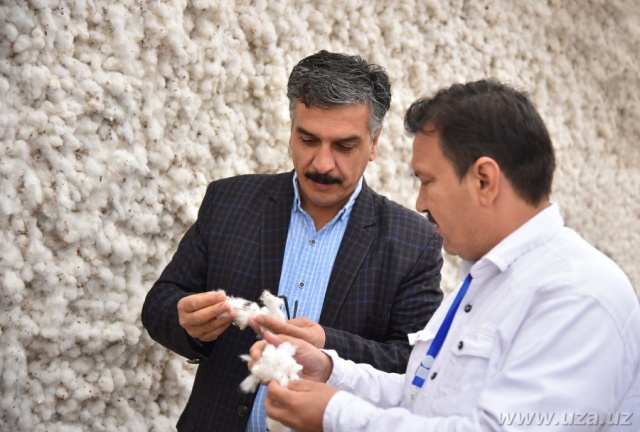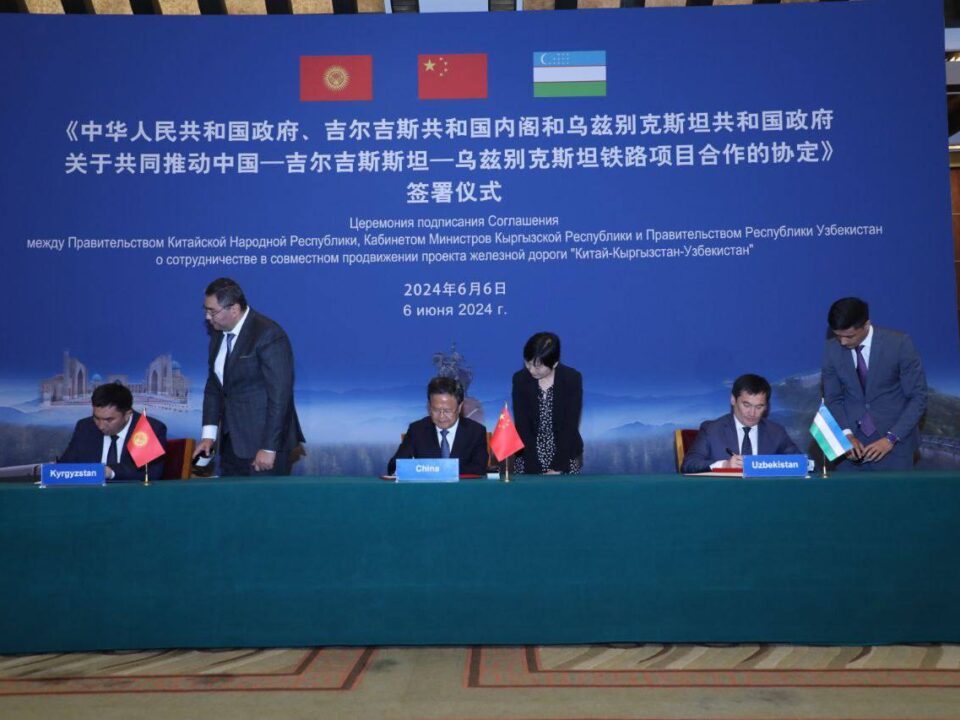Uzbekistan has almost completely abandoned chemical treatment of cotton fields in the fight against diseases and pests.
Back in the early 1990s, one of the principal measures taken to eradicate the main cotton pest, the cotton bollworm, was about chemical treatment of fields, which was applied 3-4 times on average per season in farms across the republic, and more than 10-12 times in certain areas.
The combat against cotton diseases and pests is essential in terms of increasing yields of this crop. However, the chemical treatment that was widely used in the Soviet era led to a sharp deterioration of the ecological situation in rural areas, and environmental pollution. For this reason, the country had to find another way.
In order to protect the environment, improve product quality and working conditions, Uzbekistan has implemented an integrated system of plant protection, which envisages the maximum use of biological methods against cotton pests. To date, the proportion of biological method has exceeded 90%. More than 700 biological laboratories and bio-factories, which deal with entomophage (beneficial insects) breeding, are successfully operating in the country to combat cotton pests.
54,000 farms are engaged in the cultivation of the ‘white gold’ in Uzbekistan, producing over 3 million tons of raw cotton annually. There are currently 86 cotton-producing countries in the world, and 33 of them annually harvest more than 100,000 tons of raw cotton and only eight countries produce more than 1 million tons. In the last five years, Uzbekistan has been the world’s sixth largest producer, and the fifth exporter of cotton fiber.


























